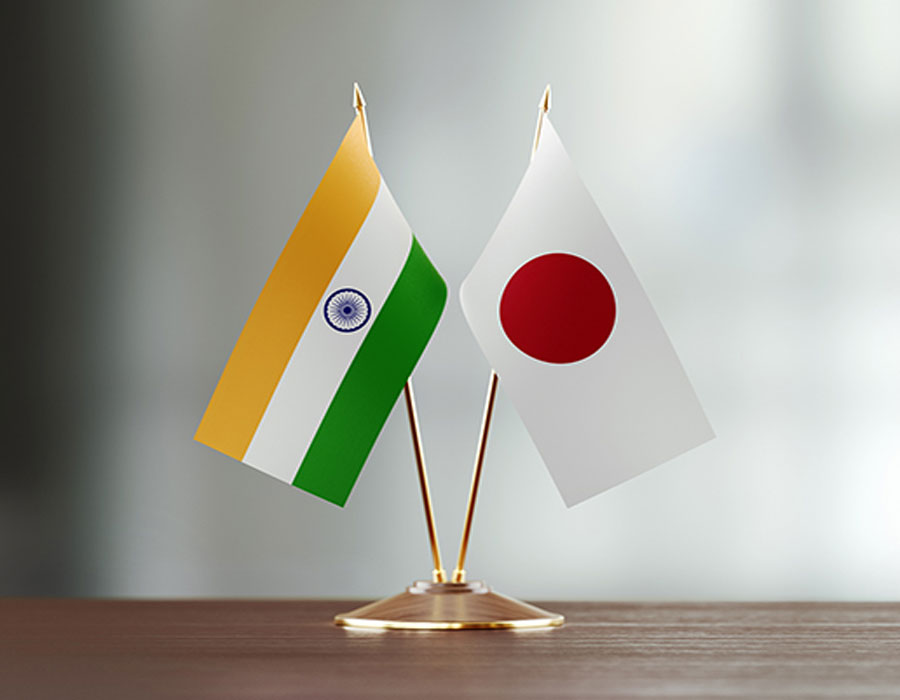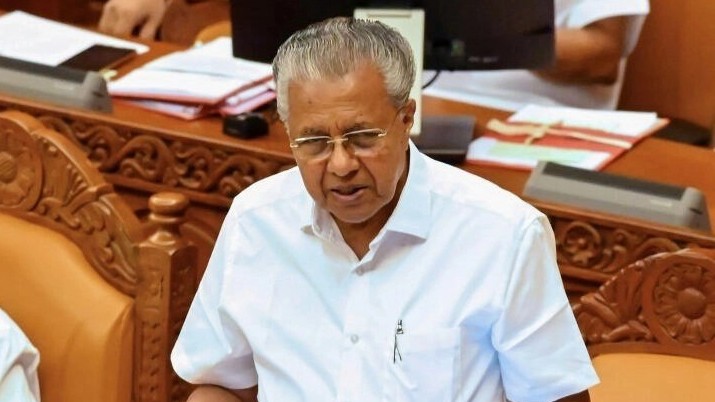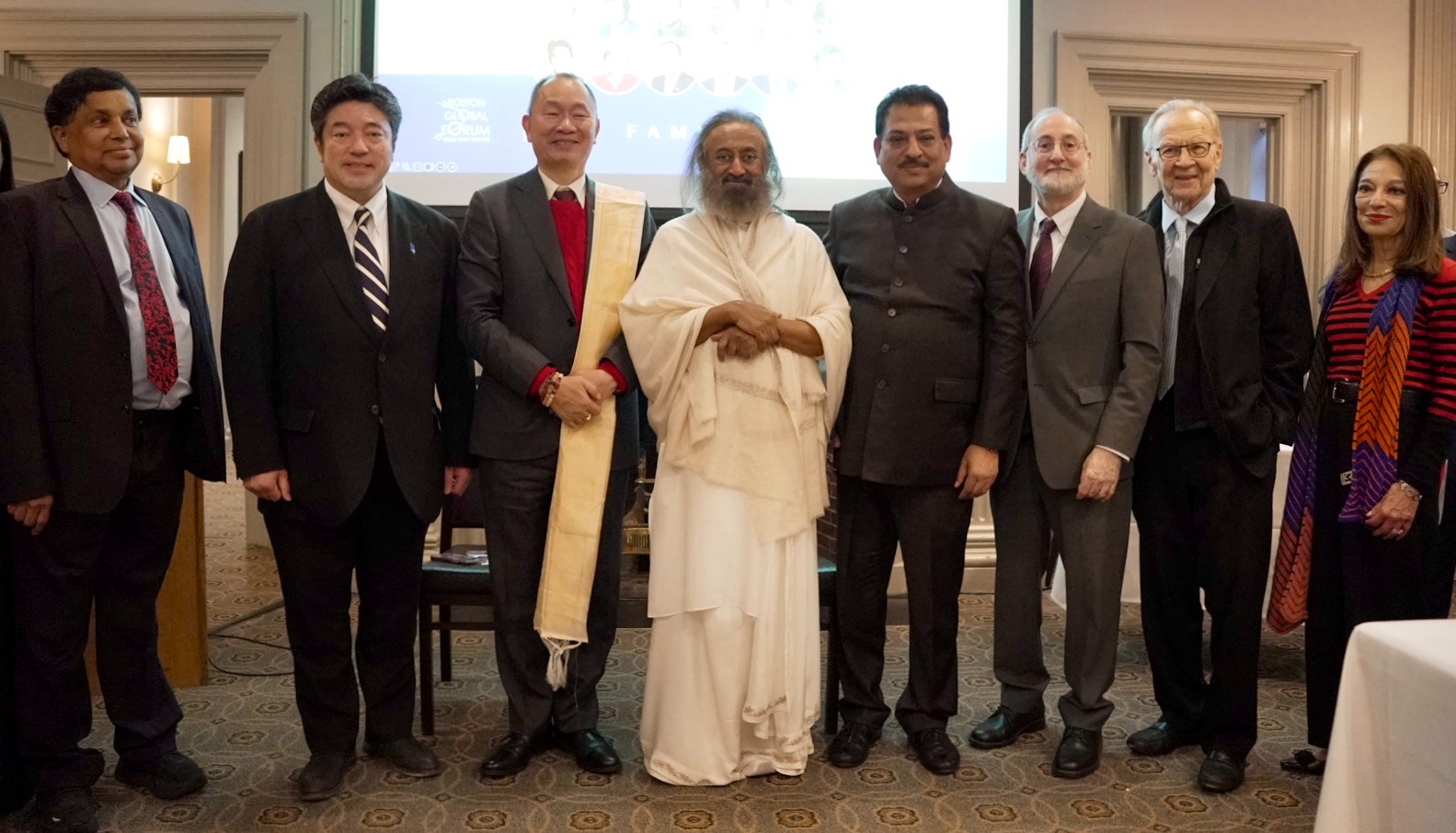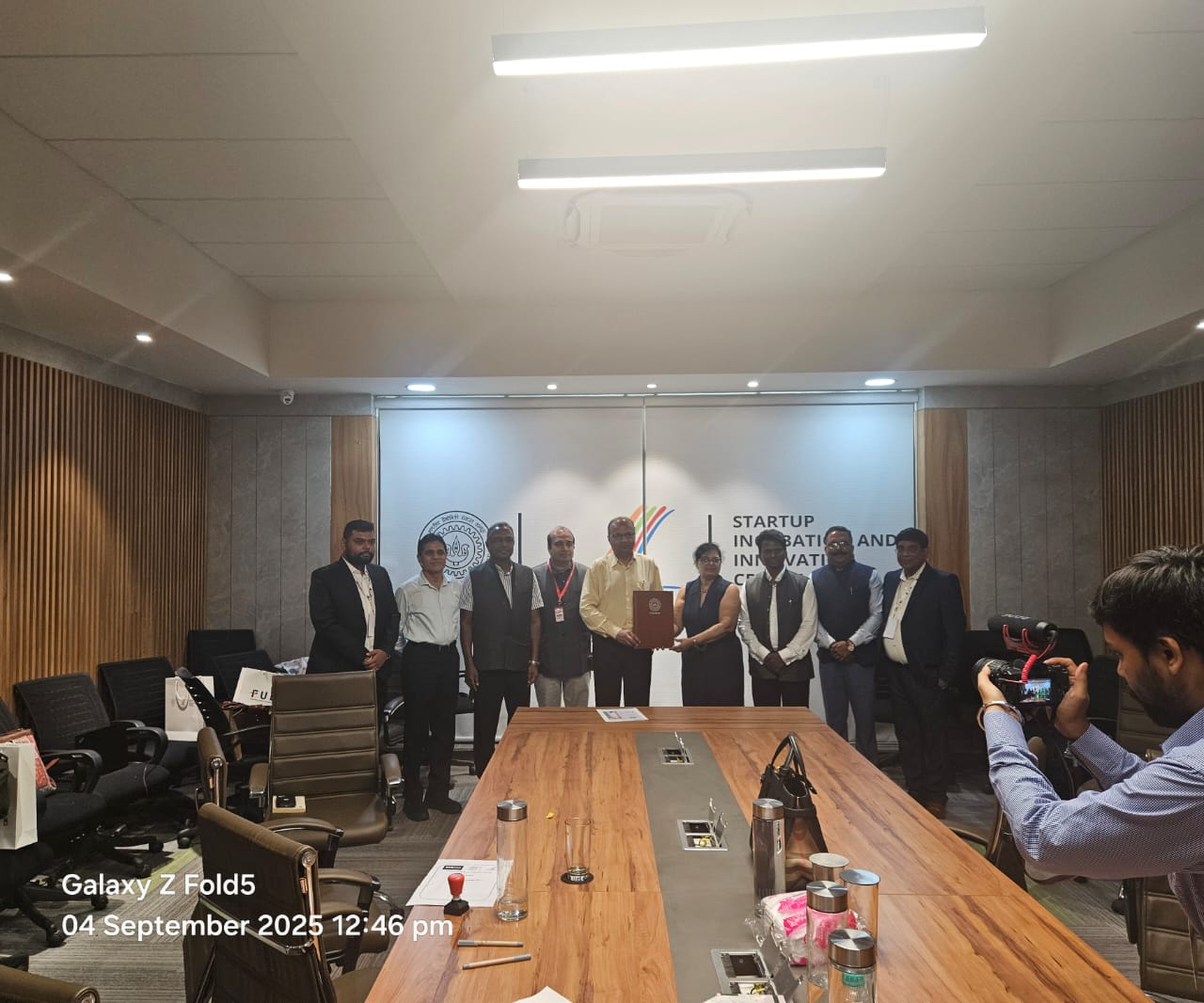As India embarks on long-overdue reforms of its tertiary and professional education systems, including promotion of research culture in the universities, there is merit in diversifying the partners with whom it seeks deeper engagement in this area. India's increasing integration with the global economy, including emergence of Indian multi-nationals, also requires such diversification.
The US and the selected Commonwealth and European countries have been India's traditional partners in tertiary education and in innovation activities. While engagement with them should continue to be deepened, as is evident from ongoing India-US strategic dialogue, it is essential to accelerate such engagement with non-traditional countries such as Japan, South Korea, and Brazil. This column, however, focuses on the case for deepening tertiary education and research engagement with Japan. The recent assumption of office by Japan's new prime minister Naoto Kan and Japan's efforts to expand international linkages of its universities provide a favorable backdrop for intensifying such partnership with Japan.
There are two broad factors which necessitate such diversification. First, there has been increasing globalisation of research and development and innovation activities. Thus a recent survey by the National Science Foundation (NSF) of the US found that American manufacturers conduct about a fifth of their total R&D in other countries. Indeed, in several key sectors, such as motor vehicles, textile and apparel, and electrical equipment, the offshoring share exceeds 30%. While relevant data are not available, it is a reasonable presumption that such tendencies are also occurring concerning other major economic powers such as Japan, South Korea, and Germany.
Secondly, the current global economic crisis has diminished medium-term growth and employment prospects of the US, The European Union as a group, and the UK. India's rising share of working-age population to total population strongly suggests generation of livelihoods, including for increasingly educated workforce with high aspirations, as among the highest priorities. India therefore must explore all avenues for such employment generation. Non-traditional sources, which are rapidly ageing, with Japan and South Korea expected to register decline in absolute population, therefore represent an attractive opportunity.
India should therefore increasingly leverage on countries with strong global presence of technology-intensive companies, and excellent university system with close industry linkages. It is in the above context that India must intensify its efforts to engage Universities and research institutions in Japan, as well as R&D labs of Japanese corporations. Japan has increasingly emerged as among India's most important economic and strategic partners. It is also the largest bilateral provider of economic and technical assistance. Japan is globally recognised as a leader in many areas such as automotive engineering, life sciences, electronics, railways, solid waste management, and renewable energy. Its proven competitiveness is based on excellent universities, who have traditionally been engaged in close collaboration with industry, but whose international engagements have so far been limited.
This is however changing, with Universities introducing more courses in English, and actively seeking foreign students who could form part of Japan's talent pool. Japan's strength in close university-research institutions-industry linkages has been an area of major weakness in India. Separation of teaching and research and of graduate and undergraduate education has not permitted realisation of synergies of full-fledged universities combining teaching and research. Commercially oriented and socially useful research col-industry and universities and research has therefore been limited. This has hampered India's efforts to progress on the path of becoming a knowledge economy. Deeper engagement with Japan could help address this deficiency.
The Japanese government has set up several scholarship programs to attract foreign students and to facilitate exchange of faculty and researchers. But Indian higher education and research institutions, as well as Indian's desiring to pursue higher education abroad have not given requisite priority to exploring opportunities with their counterparts in Japan. For the individuals, need to study Japanese language have been considered a formidable barrier. This is however unwarranted and counter-productive, particularly given deep cultural linkages between India and Japan. Indians are generally adept at languages, with most growing up with familiarity with at least two to three Indian languages. The use of English has also become more widespread. Several states, such as Gujarat, have begun to promote English as a language essential for global commerce and science. While these are steps in the right direction, importance of non-English languages on the internet, and in commerce and science is expected to grow as multi-polar world emerges. Functional knowledge of other major languages, including Japanese, has now become more essential.
Acquiring such knowledge in Japanese language takes about one year. This is a relatively small investment for widening career options for individuals, business opportunities for firms, and for enhancing scientific and technological options for the country. Accessibility of Japanese language training needs to be expanded considerably in different parts of the country. There are indications that Indian professionals, particularly in the IT industry, and in engineering are exploring prospects with Japanese companies. Indians desiring to widen their higher education options are also enrolling in tertiary institutions in Japan. But the trend needs to be significantly accelerated. Global operations of companies from Japan, including their growing presence in India, which is beginning to rival similar presence of companies from South Korea, can be expected to provide promising career prospects for in India, which is beginning to rival similar presence of companies from South Korea, can be expected to provide promising career prospects for Indians familiar with Japanese language and business culture.
To accelerate the trend, Indian universities should consider collaborations with Japanese universities as they seek global partners. Institutions such as St Xavier's college in Mumbai, which are planning to Internationalise their curriculum, student assessment criteria, and management practices would also greatly benefit by collaborating with their Japanese counterparts, particularly in science and technology. They could also consider establishing Japan Centers to facilitate such collaboration. Deeper engagement in tertiary education and in innovations will provide greater substance to India-Japan strategic partnership, and enhance economic space and strategic leverage for both countries. India should also consider entering into totalisation agreement with Japan, recognising social security arrangements of each country.
The states, such as Gujarat, which annually organise global investors meetings, and which aim to emerge as global business hubs, would particularly benefit by initiatives to also invite Japanese universities and research institutions to such meetings. These could be utilised to link similar institutions in Gujarat with their counterparts from Japan, and to facilitate establishment of research labs of Japanese corporations in India. Deeper engagement in tertiary education and in innovations will provide greater substance to India-Japan strategic partnership, and enhance economic space and strategic leverage for both countries. India should also consider entering into totalisation agreement with Japan, recognising social security arrangements of each country. Similarly, an agreement to facilitate Indian workers to fill specific needs in Japan could also be considered.
Higher Education is Japan core strength that made it a global tech superpower - Aftab Seth
AFTAB is an iconic face of India in Japan, He is former Indian Ambassador to Japan who is playing the role of a catalyst to bridge the gap between unexplored land of opportunity for the Indian Gen-Next. Mr Seth highlights the tremendous depth of Japanese core strength that is yet to be tapped in India Higher education. Japanese universities as a general rule offer high-class education at a price which is less than private universities in the USA. State universities in Japan tend to be reasonable compared to top private ones like Keio or Waseda founded by Okuma Shigenobu in 1888. The G-30 initiative by PM Fukuda in 2008 is aimed at increasing the number of foreign students in Japan from the present 130000 to 300000 by 2012. The Ritsumeikan office established in October 2010 at the Japan Foundation building is part of this initiative. Waseda has an office in Vietnam and other Universities have been given responsibility for other territories.
As part of this work we helped the G30 in January 2011 to invite students from top schools in Delhi and other cities to attend a seminar addressed by the representatives of leading Japanese universities. I inaugurated this seminar. The purpose is to attract young talent to study in Japan. The benefit Indian students would derive from such study are explained at such seminars. To make it easier some universities like Keio have started English medium classes at the Fujisawa campus which teaches all high tech subjects such as IT, Energy, environmental science and others. Keio has a separate initiative GIGA which aims to attract bright youth to study at the undergraduate level. Postgraduate schools in many leading universities have been conducting their classes in English for some years now. This is a trend that is growing.








 OpinionExpress.In
OpinionExpress.In















Comments (0)